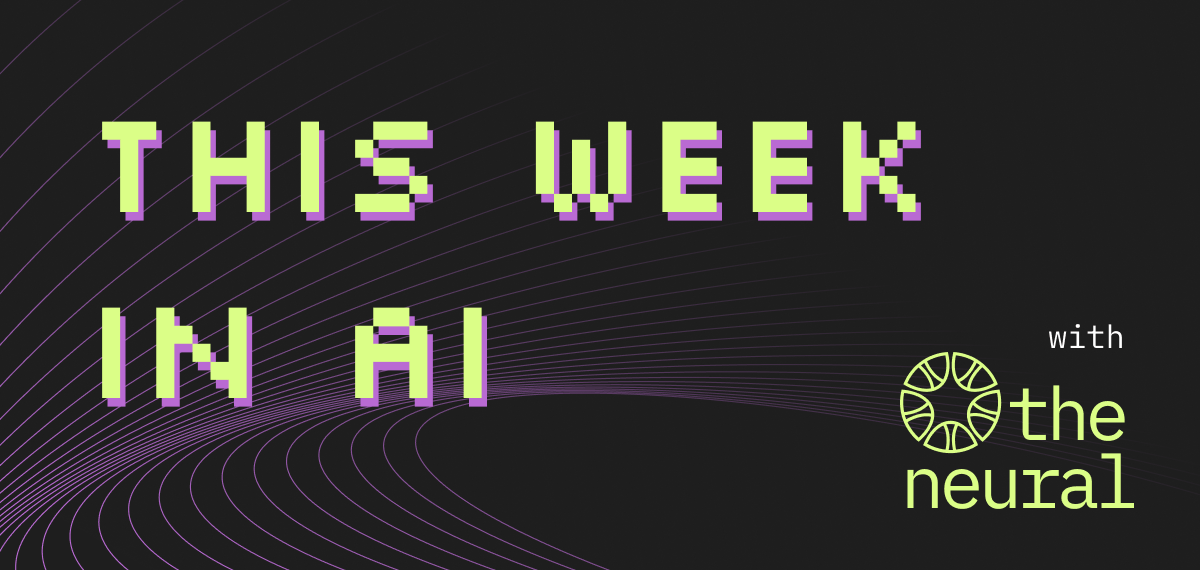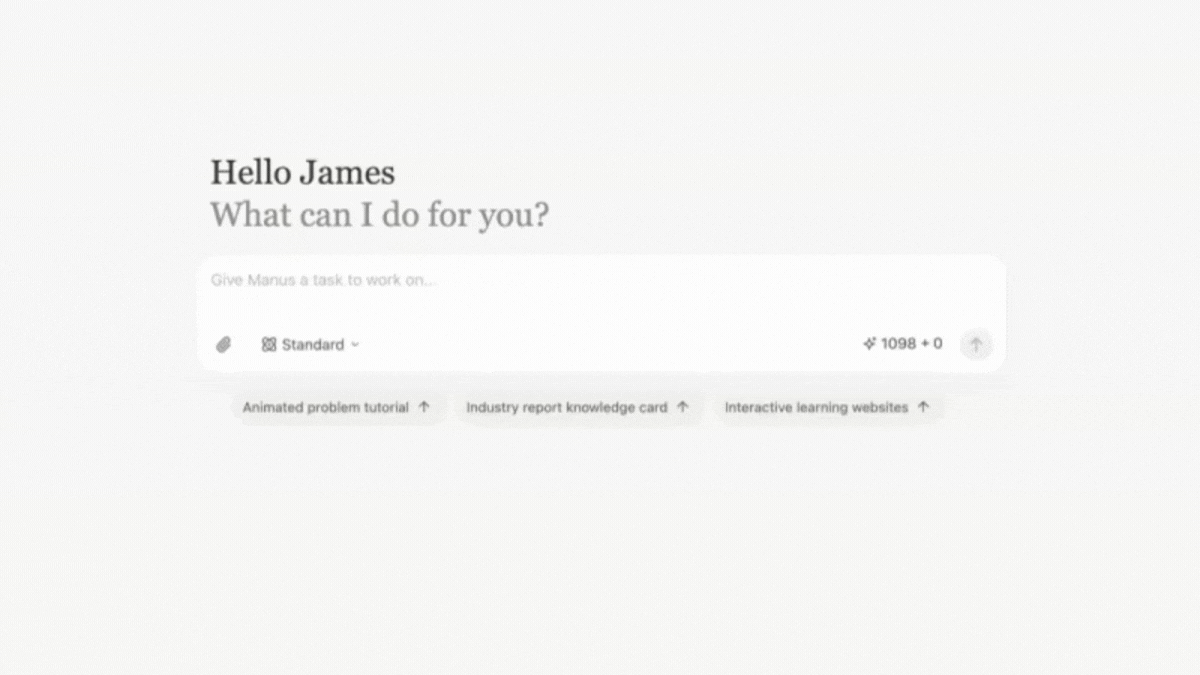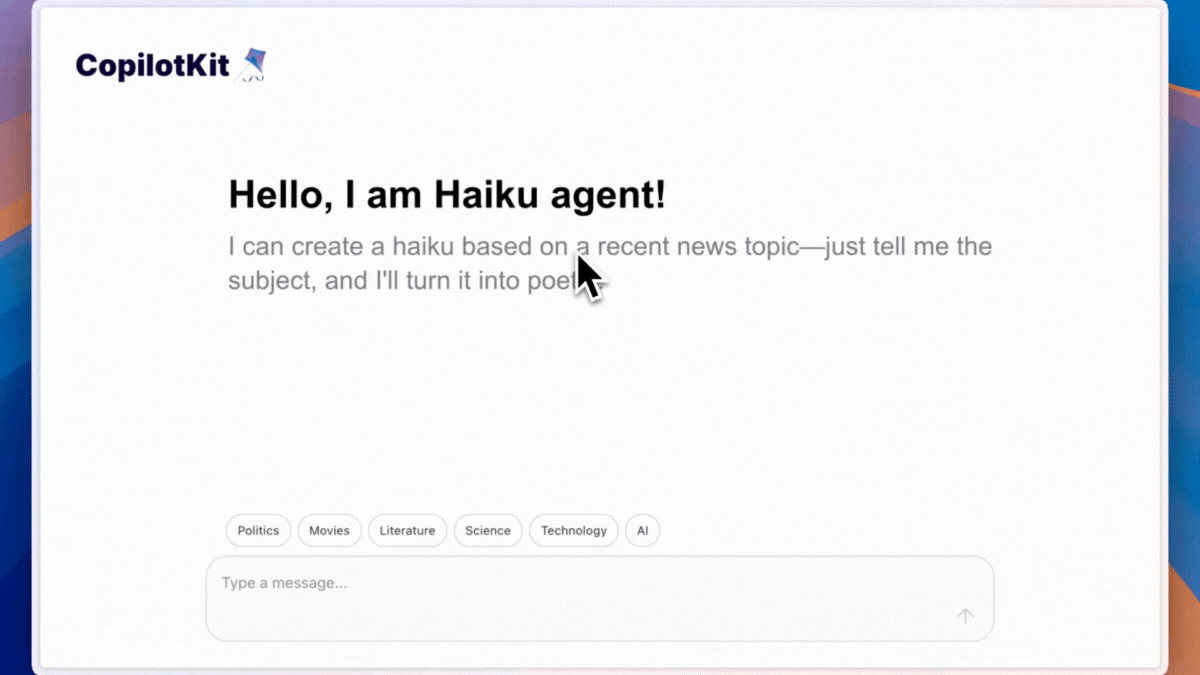- TheNeural
- Posts
- This Week in AI with The Neural
This Week in AI with The Neural
Agents, Errors & a Creative Awakening

TECHIES, ASSEMBLE!
AI Highlights
AI - POINT OF VIEW
Creativity is the new endangered resource.
As AI scrapes and remixes human-made content at scale, the question is: what happens to original thought? This op-ed argues that human creativity must be treated like a natural resource—with protections like licensing, cultural safeguards, and technical barriers to AI overreach. Without them, we risk losing the richness of human expression in a flood of algorithmic noise.
AI INDUSTRY
ByteDance’s “DeerFlow” is your new research intern.
DeerFlow is a smart research assistant that goes beyond search. It combines agents, web crawlers, and human feedback to generate podcasts, do market analysis, and compile deep reports in seconds. Personal research just got an AI upgrade.
Microsoft wants to grade AI—down to its mental muscles.
Microsoft Research’s ADeLe introduces a new benchmarking method that doesn’t just score AI—it breaks down why it performs well or poorly. By analyzing 18 cognitive skill areas, ADeLe can predict model success on unseen tasks.
Gemini is coming to your car, watch, and TV.
Google is bringing Gemini to Android Auto, Google TV, and Wear OS—turning it into a true multi-device assistant. Soon, you’ll get driving tips mid-commute, reminders on your wrist, and streaming suggestions without lifting a finger.

CoPilot unveils AG-UI: a standard language for agent UX.
AG-UI is a lightweight protocol that helps AI agents talk to frontend apps more smoothly. With standardized events and middleware, developers can build real-time, generative UIs that feel seamless and interactive across frameworks.
Alibaba shrinks massive models for your laptop.
The Qwen3 series includes quantized models—from 235B to 0.6B—optimized for local deployment. Variants like FP8 and Int4 reduce size without losing smarts, making advanced LLMs accessible for on-device use.
The medical AI exam every LLM must pass
OpenAI introduces HealthBench, a comprehensive benchmark suite to evaluate large language models on seven core healthcare tasks—from diagnosis to clinical decision support—using real-world datasets. It assesses models for factual accuracy, reasoning, and clinical relevance. In testing, GPT-4 showed competitive or superior performance compared to Med-PaLM 2 and Claude, pushing the bar for AI safety and efficacy in healthcare.
AI AROUND US
Meet the firefighting dog that never tires.
China’s Unitree B2 robot dog has now been adapted into a fire and rescue bot—capable of navigating harsh environments, carrying equipment, and operating autonomously in emergencies. It's a glimpse of how AI robotics could reshape frontline safety.
AI cracks the “intellectual bottleneck” in healthcare.
At the University of Texas Medical Branch, AI now scans every CT image to detect hidden cardiovascular risks—catching cases even when the scan was for another reason. It’s not just for heart health: AI is also helping diagnose strokes, pulmonary embolisms, and assess patient admissions—spotting patterns doctors may miss.
Reading faces to predict cancer survival
FaceAge is a deep learning model that estimates biological age from facial photos of older adults, trained on over 56,000 images and validated on cancer patient cohorts from top institutions in the Netherlands and the USA. FaceAge improves doctors’ prognostic accuracy in palliative care and links with molecular aging markers, offering an objective biomarker to personalize cancer treatment based on physiological age rather than just years lived.
Air Canada’s chatbot error cost them. Now there’s insurance for that.
AI hallucinations are now considered a business risk. Lloyd’s of London has launched a new insurance product via Armilla to cover damages from AI malfunctions—like Air Canada’s refund promise glitch. As more businesses adopt AI, expect more guardrails like this.

TikTok’s AI just brought photos to life.
With its new feature “AI Alive,” TikTok turns static images into animated Stories. The tool adds motion, atmosphere, and even emotions to photos—making it easier than ever to go viral with just a snapshot. Labels and metadata keep transparency in check.
In a rare interview, OpenAI’s chief scientist explains how reinforcement learning is giving AI a kind of “thought process”—and why future models might do original scientific work. He also hinted at a major open-weight model release soon.
ManusAI has opened its platform for everyone—no waitlist needed. Users get one free task daily (valued at 300 credits) plus a one-time bonus of 1,000 credits. This update boosts accessibility and encourages more experimentation with ManusAI’s features, giving users flexible, hands-on experience with AI task automation.
Learn to build Code Agents with Hugging Face’s smolagents in this new DeepLearning.AI course. Unlike traditional tool-calling agents, smolagents create full code plans in one go—making them faster and more efficient for tasks like web browsing or data extraction. You'll also learn how to keep your agent safe and production-ready.
A campaign backed by top VCs just unveiled 100 Women in AI—visionaries across research, ethics, and product development. The selection used a weighted score system focused on impact, aiming to spotlight women who are building the AI future, not just talking about it.
FROM THE NEURAL - AI Agent 101
AI Agents Are Here to Disrupt $20 Trillion in Business — Are You Ready?
Discover how AI agents—smarter, autonomous, and more powerful than chatbots—are transforming industries and boosting productivity. Join top experts as they unpack the tech, real-world uses, and why acting now is crucial.
Watch now — you can thank us later!